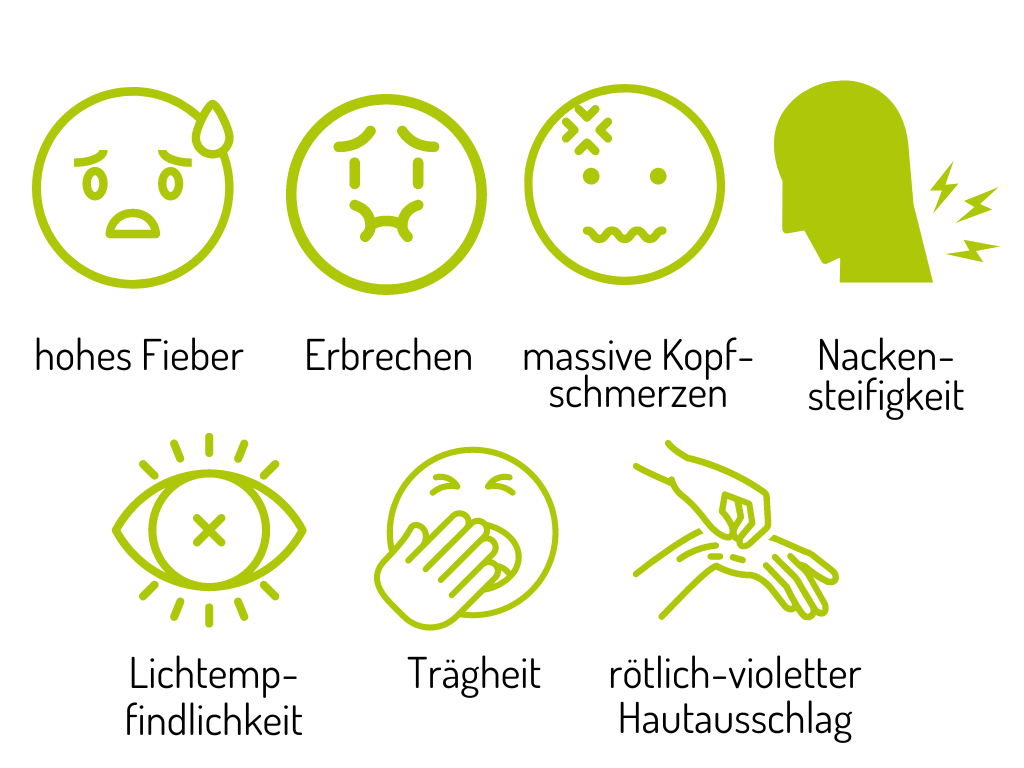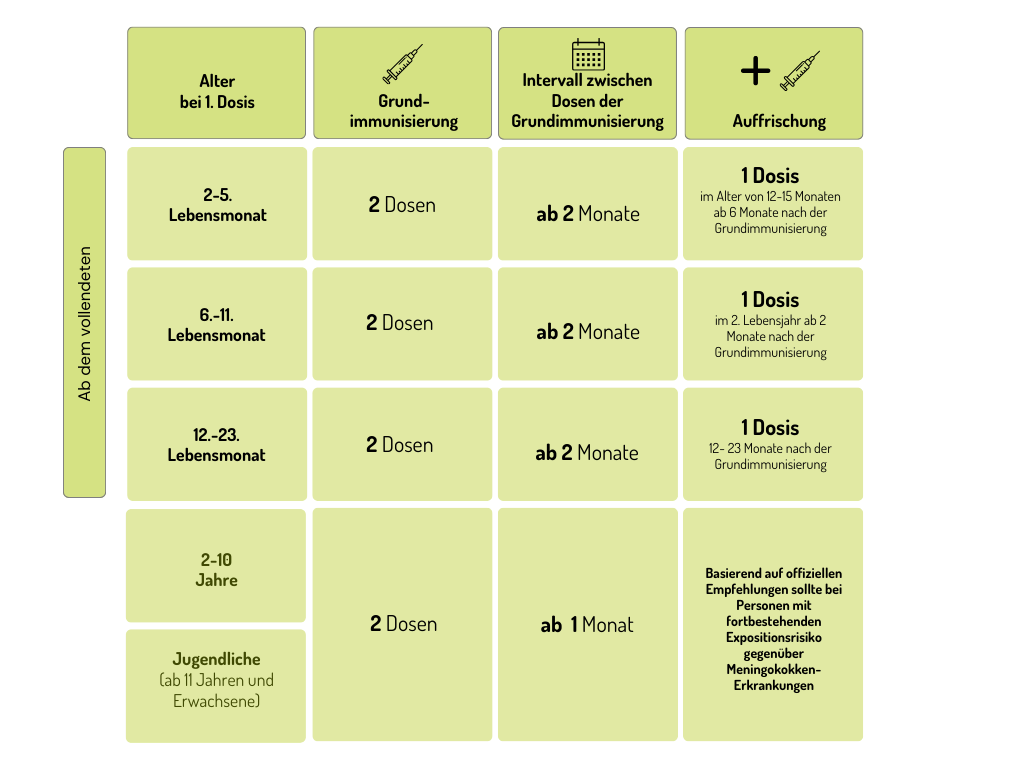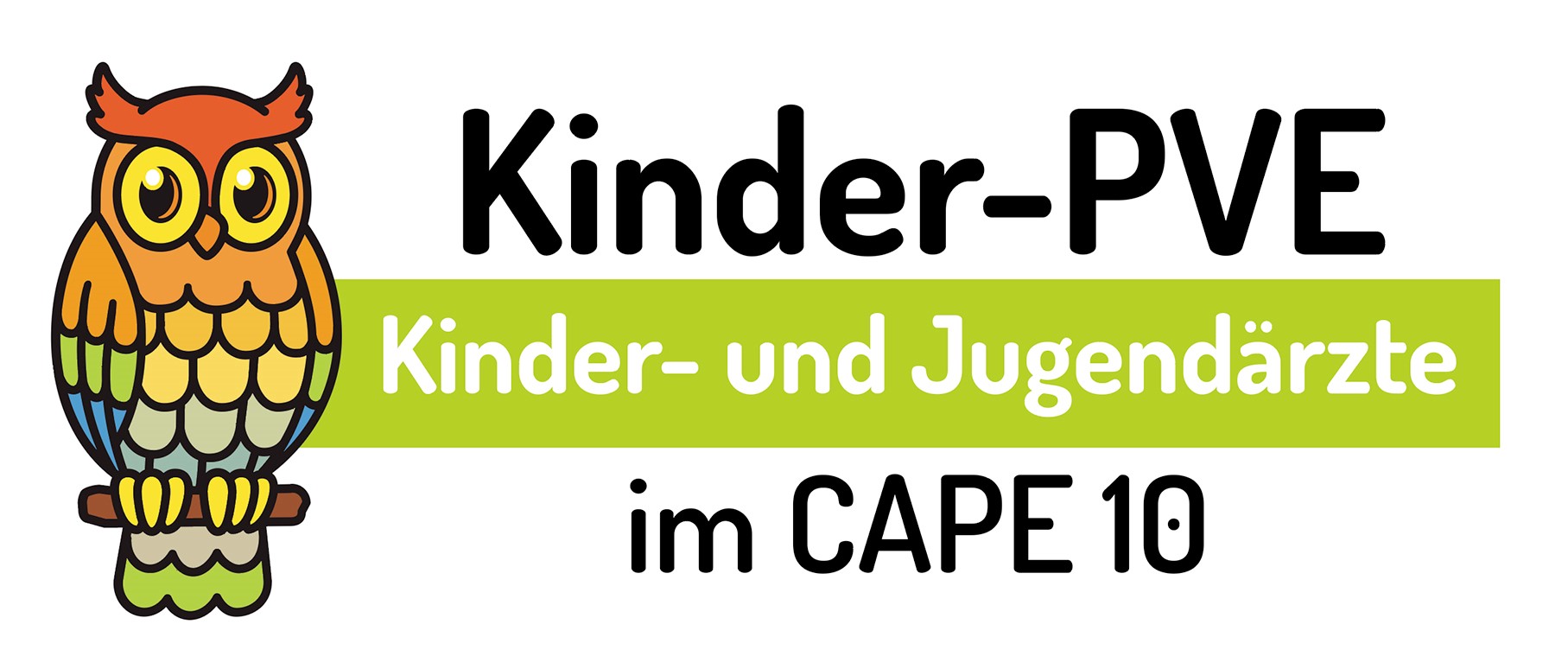Meningococcal diseases
Why they are so dangerous and how you can best protect your child!
Although meningococcal diseases are rare, they can cause life-threatening be. One Vaccination can protect against infection! If you would like an appointment, please call 01 90 50 0006 and arrange a vaccination appointment. If you have any further questions, you can of course also contact us by phone or e-mail.
For more information, brochures and other information material, visit the GSK at http://www.meningokokken-erkrankung.at
Frequent misconceptions about vaccinations
A few vaccines contain attenuated, still-living pathogens which can cause disease-like symptoms, but cannot develop a full-blown disease.
- Rather, the severe course of an infection is only prevented by the vaccination!
That vaccinations with aluminium lead to autism is definitely wrong.
- The accusation is based on a study that was published many years ago due to was withdrawn due to gross errors and unethical research methods and was very often refuted.
What is meningococcal disease?
Meningococcal diseases are life-threatening bacterial infectionswhich can take a particularly severe course, in a few cases even leading to death.
- Meningococci can cause Meningitis (inflammation of the meninges) or Blood poisoning (septicaemia) cause.
- The bacteria are transmitted, for example, by coughing or sneezing, as they live in the nasopharynx.
What are the symptoms of meningococcal disease?
Meningococcal diseases are initially Very difficult to diagnoseas the symptoms can easily be mistaken for a flu-like infection. Common symptoms are:

With Infants:
- shrill screaming
- stretched or curved fontanel
- Stiff or flabby body
Why is meningococcal disease so dangerous?
Meningococcal disease progresses as follows Very fast and can lead to death within 24 hours without medical treatment.
- In Austria, even despite the best medical care 10% of meningococcal diseases are fatal.
Meningococcal disease can also cause Severe consequential damage cause.
- 1 in 5 survivors suffers from permanent consequential damage such as amputations, brain damage or deafness.
Who is particularly at risk?
Infants under 1 year are particularly at risk as they do not yet have a mature immune system. Young children and adolescents also have an increased risk of contracting the disease.
A quarter of meningococcal diseases occur in children in the 1st year of life. Vaccination is therefore particularly important from infancy.
What vaccinations are available?
Vaccination offers the Best precaution for meningococcal disease. There are different vaccines for different types of meningococcal disease.
Meningococcal B:
- Recommended for all children and adolescents as early as possible from the age of 2 months and as a booster vaccination until the age of 25.
Vaccination schedule with the meningococcal B vaccine BEXSERO

Meningococcal A,C,W and Y
- Recommended for infants as early as 13 months of age.
- Free of charge for children from the age of 10 to 13 as part of the children's vaccination programme!
- Vaccination is also recommended here as a catch-up vaccination up to the age of 25.
GlaxoSmithKline Pharma GmbH
More information: http://www.meningokokken-erkrankung.at
